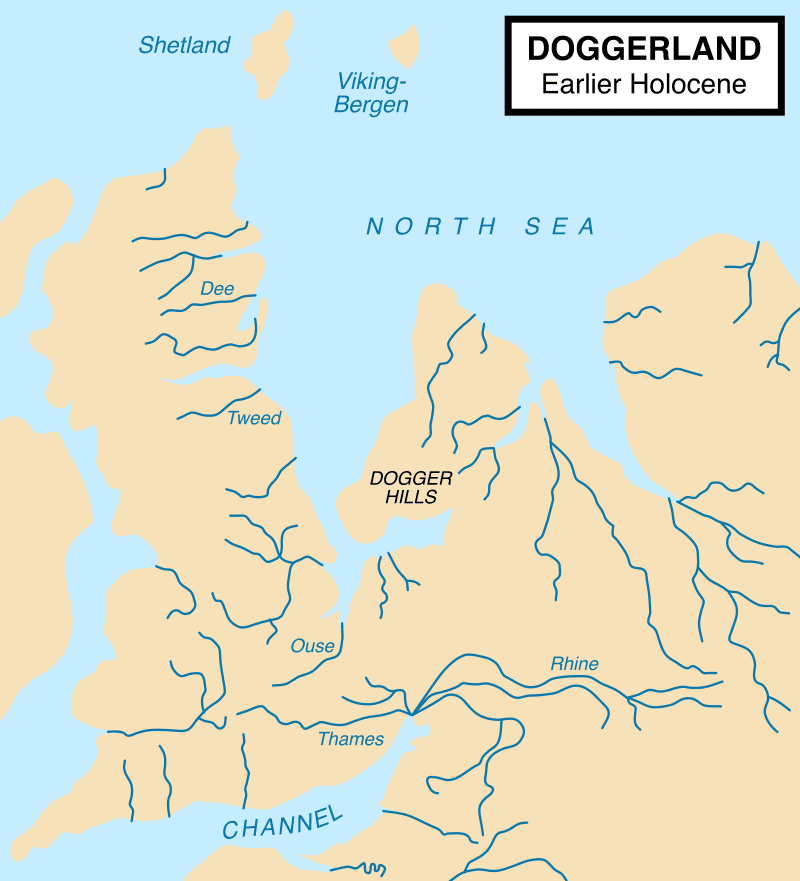Magnetic fields are promising to be a useful tool in the hunt for human settlements that have been lost to the sea off the coast of the UK. An upcoming project is set to use magnetometry data to scour Doggerland, the flooded chunk of land that connected Britain to mainland Europe until the end of the ice age, but there’s hope this technique could be used to find long-lost civilizations all over the world.
The study comes from the School of Archaeological and Forensic Sciences at the University of Bradford in the UK. Their plan is to closely look at magnetometry data gathered from a portion of the North Sea and attempt to identify any strange anomalies that could suggest the presence of archaeological structures.
The team is especially keen to use these techniques to look for traces of human activity beneath the North Sea since it’s thought to have been home to some of the largest prehistoric settlements in Europe.
Before it was flooded over 8,000 years ago, Doggerland was a rich and diverse habitat that likely attracted prehistoric humans – and others. Dredging of the North Sea has revealed an array of archaeological discoveries, including the remains of a mammoth, red deer antlers, hunting weapons, stone tools, and even the skull of a Neanderthal.

Despite its potential that lays beneath the North Sea, we know relatively little about the people and culture that once thrived here.
“As the area we are studying used to be above sea level, there’s a small chance this analysis could even reveal evidence for hunter-gatherer activity. That would be the pinnacle,” Ben Urmston, PhD student at the University of Bradford, said in a statement.
“We might also discover the presence of middens, which are rubbish dumps that consist of animal bone, mollusc shells and other biological material, that can tell us a lot about how people lived,” he added.
Time is ticking. The expansion of wind farms in the North Sea is helping wean Europe off fossil fuels, but it also has the potential to disrupt prehistoric sites that have yet to be found.
“Exploring the submerged landscapes beneath the North Sea represents one of the last great challenges to archaeology. Achieving this is becoming even more urgent with the rapid development of the North Sea for renewable energy,” added Professor Vince Gaffney, academic lead for the project.
Remarkably little of the world’s oceans have been explored, let alone for the purposes of archaeology. Nevertheless, advances in technology are continuing to show that the coastlines are hiding countless traces of ancient human activity, even evidence of long-lost civilizations.
Thanks to projects like the one at the University of Bradford, as well as many others, the future of marine archaeology is looking promising. Just don’t expect to stumble across the sunken city of Atlantis anytime soon.
Source Link: Long-Lost Underwater Civilizations May Be Found With Magnetic Fields